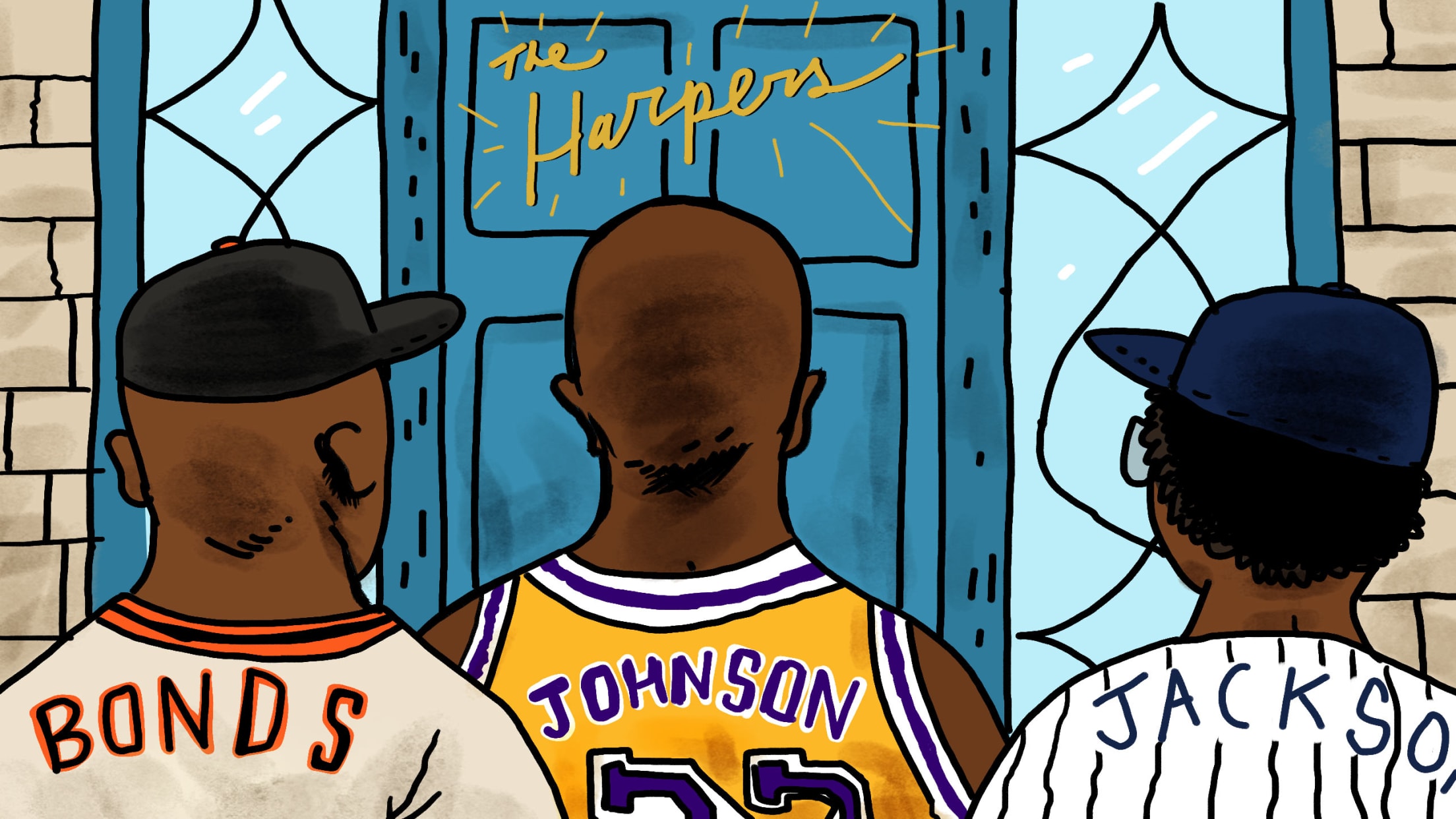Should the Cy Young Award be named after someone else?

In 1956, Commissioner Ford C. Frick introduced the Cy Young Award to honor the league's best pitcher. Frick's choice to name the award after Young was both a tribute the legendary right-hander for his achievements on the field, as well as a way to honor his memory, as Young had passed away the year before.
While there is no disputing Young's case as one of the best pitchers of his era, is he truly the most appropriate pitcher to have his name associated with an award given to the best pitcher in the league each season? Think of it this way: If his own award was around during his career, how many Cy Youngs would Cy Young have won?
More than anything, Young's spectacular career stands out for its unparalleled length and consistency. No one has ever thrown more than Young's 7,356 innings, and no one will ever come close. His 511 career victories are the most all time, and surely a record that will never be broken. The man made 815 starts over 22 seasons -- and 749 of those starts were complete games. Cy Young pitched more than every other pitcher had, and ever will.
But the award isn't given to the pitcher who simply pitched the most. How many times was Cy Young the best pitcher in his league? A look at how he stacked up against his competitition year-to-year reveals that he was only the definitive best pitcher in the league four times (1892, 1893, 1896, and 1901), with a strong case to be made in two other seasons (1895 and 1902). So, at best, Cy Young likely only would have won six Cy Young Awards. Pretty good! But enough to have the award named after you?
Here are six other candidates who may be more worthy of having their name on this distinct honor:
George Zettlein
Wait, who? If this award is meant for the league's best pitcher, perhaps it should be named after the guy who was the best pitcher in the league first. The first year of the nine-team National Association (1871) is widely recognized to be the first season of what we know today to be MLB. Who was the best pitcher in the National Association that year? Zettlein, of course! The right-hander pitched for the Chicago White Sockings and went 18-9 with a 2.73 ERA and 1.342 WHIP, the latter two being the best marks in the league. Admittedly, winning a "George Zettlein" doesn't quite roll off the tongue -- but it may be the most appropriate name for the honor.
Walter Johnson
Johnson broke into the big leagues at the very end of Young's career, so there is very limited overlap for proper comparison. However, Johnson's 21-year run with the Washington Senators was more dominant than anyone in baseball had seen up to that point. The Big Train won five ERA titles, led the league in strikeouts in 12 different seasons (including eight straight from 1912 to 1919), and threw more shutouts (110) than anyone who ever lived. There's a reason it was Johnson -- not Young -- who earned induction into Cooperstown as one of the two pitchers in the inaugural Hall of Fame Class of 1936. Perhaps it should be The Big Train Award?
Christy Mathewson
Mathewson arrived with the New York Giants in the National League just as Young had left St. Louis for the Boston Americans of the newly-minted American League. The right-hander from Factoryville, Pa., almost immediately took over where Young left off and dominated the National League. He would go on to win five ERA titles and lead the NL in strikeouts five times. He also basically single-handedly won the 1905 World Series for the Giants by throwing three shutouts in Games 1, 3 and 5 against the Philadelphia Athletics. Mathewson's 17-year run of excellence made him the other pitcher alongside Johnson in the inaugural Cooperstown Class of 1936.
Roger Clemens
It's a simple argument: No pitcher has won more Cy Young Awards than Clemens' seven over the course of his 24-year career. Like Young, Clemens' longevity was exceptional, as his first (1986) and last (2004) Cy Young Awards came a remarkable 18 years apart. Clemens holds the record for being the oldest pitcher to win the award for his age-42 campaign in 2004. He also finished in the top-3 in Cy Young voting in three other seasons. As far as pure, sustained dominance, no one measures up to The Rocket, who spent two decades in the Cy Young conversation.
Kid Nichols/Rube Waddell
Nichols and Waddell were both Hall of Fame pitchers on their own, but are paired here for their significance in relation to Young himself. Of all of Young's contemporaries in his era, these were the two pitchers most often sharing real estate atop the various pitching leaderboards around the turn of the 20th century. During the first half of Young's career with Cleveland in the National League, there were several seasons in which Nichols, a right-hander for the Boston Beaneaters, was putting up comparable, if not superior stats. During Young's run with Boston in the AL, it was the Philadelphia Athletics lefty Waddell who often significantly outpaced Young, most notably in the strikeout category. These were the two aces most directly competing with Young for the title of best pitcher in the league -- and they have no award to their name to show for it.







